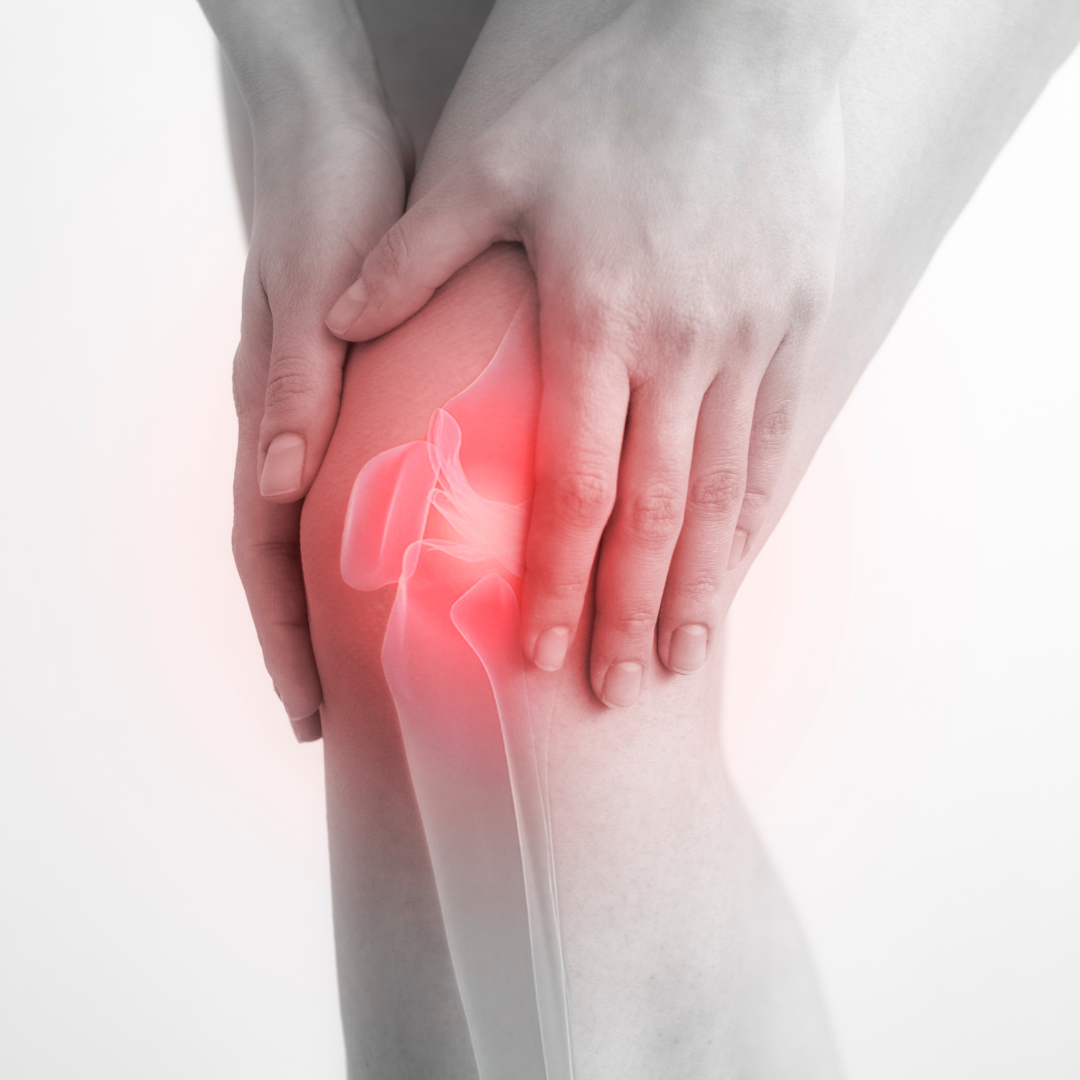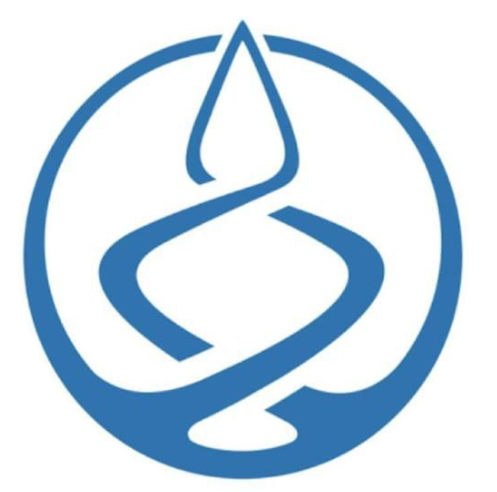PHYSIOTHERAPY
PHYSIOTHERAPY
PHYSIOTHERAPY

Clinic is open from Monday through Saturday, offering consultations from 7:00 AM to 9:00 PM. Feel free to visit during these hours for your healthcare needs. We are here to provide quality services and ensure your well-being.
Services

We provide comprehensive services such as blood investigations, blood pressure and blood sugar monitoring, ECG, vaccination, and urine examinations. Click here to learn more about our offerings.
Schedule Your appointment
Healthify me !
Managing Chronic Pain Through Physiotherapy: A Holistic Approach


Understanding Chronic Pain: Beyond Symptom Management
Chronic pain extends beyond a mere physical sensation; it affects emotional well-being, mental health, and daily functioning. Physiotherapy adopts a holistic lens, acknowledging the interconnectedness of physical and mental aspects. By understanding the unique nature of chronic pain, physiotherapists tailor interventions that go beyond symptom alleviation.
1. Comprehensive Assessment: Unraveling the Pain Puzzle
Physiotherapy begins with a thorough assessment to unravel the complexities of chronic pain. This involves understanding the pain’s origin, triggers, and the impact on daily life. By identifying contributing factors, physiotherapists create personalized treatment plans that target the specific needs of each individual.
2. Exercise as Medicine: Strengthening the Body, Easing Pain
Exercise becomes a cornerstone in managing chronic pain. Physiotherapists prescribe tailored exercises that focus on improving flexibility, strength, and endurance. These exercises not only address physical limitations but also stimulate the release of endorphins, the body’s natural painkillers, fostering a positive cycle of well-being.
3. Manual Therapy: Hands-On Healing Techniques
Manual therapy techniques, including massage, joint mobilization, and soft tissue manipulation, play a crucial role in chronic pain management. Physiotherapists use their expertise to alleviate muscle tension, improve joint mobility, and enhance the body’s natural healing mechanisms, providing relief from persistent discomfort.
4. Mind-Body Connection: Integrating Mental Health Strategies
Recognizing the intricate link between physical and mental well-being, physiotherapy integrates mental health strategies into pain management. Relaxation techniques, mindfulness, and stress-reduction exercises empower individuals to manage the emotional toll of chronic pain, fostering resilience and coping skills.
5. Lifestyle Modification: Nurturing Sustainable Change
Physiotherapists guide individuals in adopting lifestyle changes that contribute to pain management. This may include ergonomics, posture correction, and advice on daily activities to prevent exacerbation of pain. Empowering individuals to make sustainable lifestyle modifications is key to long-term pain relief.
6. Collaborative Care: A Team Approach to Well-being
Physiotherapy operates within a collaborative framework, often working in tandem with other healthcare professionals. This interdisciplinary approach ensures that all facets of an individual’s health are considered, leading to a comprehensive and effective pain management strategy.
7. Education and Empowerment: Building Self-Management Skills
Physiotherapy goes beyond treatment sessions; it’s about empowering individuals to manage their pain independently. Education on pain mechanisms, self-management techniques, and proactive strategies equips individuals with the tools needed to navigate their unique pain journey.
8. Goal-Oriented Rehabilitation: Celebrating Progress
Setting realistic and achievable goals is integral to the physio-therapeutic process. Celebrating milestones, no matter how small, encourages individuals to stay committed to their rehabilitation journey. The progression from pain management to improved functionality becomes a source of motivation and hope.
